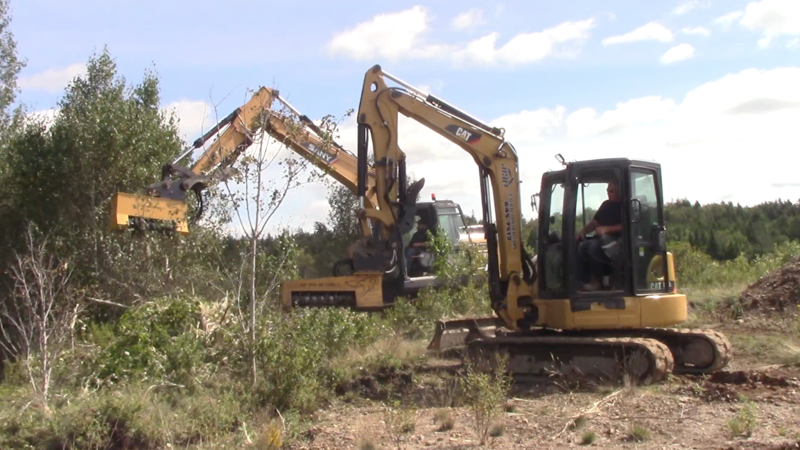In many industrial processes, efficient separation and filtering are critical. The industrial sieve is a critical tool for facilitating this procedure. These sieves are essential for guaranteeing the quality and purity of materials in many industries, including food processing, medicines, chemical manufacturing, and construction.
The Mechanism and Design of Sieves in Material Sorting
This sieve works by sorting materials according to particle size. It uses a mesh or perforated surface to filter out bigger particles while allowing tiny ones through. This technique can be beneficial for many purposes, including ensuring that materials satisfy quality standards, eliminating impurities, and preparing compounds for future processing. The design and construction can vary greatly depending on their intended use. Some may use stainless steel mesh for durability and resistance to corrosion, while others may use different materials according to the industry’s specific requirements. The size of the mesh holes plays a crucial role in determining what can and cannot pass through, enabling a filtration process that caters to the specific needs of the operation.
Application Across Industries
Because of its versatility, the industrial sieve is an essential tool in a wide range of industries. The food processing industry uses sieves to separate grains from chaff, ensuring that only the best goods reach the market. This application is crucial for ensuring quality and client satisfaction. Similarly, in the pharmaceutical industry, sieves improve component quality by removing undesirable particulates before the production process starts. Chemical processing uses sieves to separate and classify raw materials. Manufacturers can ensure the smooth and effective operation of their processes by precisely sizing particles. It is essential in businesses where the finished product’s uniformity is critical.
Furthermore, sieves in construction screen materials like sand and gravel to ensure they meet the requirements for building and infrastructure projects. Recycling and trash management are two essential applications for sieves. They separate valuable materials from rubbish, aiding in recycling and promoting environmental sustainability. By sorting materials, enterprises can reduce waste and increase resource reuse, aligning with global sustainability goals.
Choosing the Right Industries
Examine a variety of variables when selecting a sieve to make sure it meets the specific requirements of your operation. Prioritize the type of material you are treating. Furthermore, larger operations may require larger or more durable sieves to handle the workload, which can influence the sieve selection. In addition, the sieve’s maintenance and cleaning requirements must be considered. Some designs make cleaning easier, which can be a substantial advantage in businesses that value hygiene and cleanliness. Furthermore, how easy it is to replace the mesh or screening material might impact the sieve’s long-term performance. Examine a variety of variables when selecting a sieve to make sure it meets the specific requirements of your operation. Prioritize the type of material you are treating. Furthermore, larger operations may require larger or more durable sieves to handle the workload, which can influence the sieve selection.



